HEALTH-FOOD: Warning – Avoid these ‘healthy’ alternatives
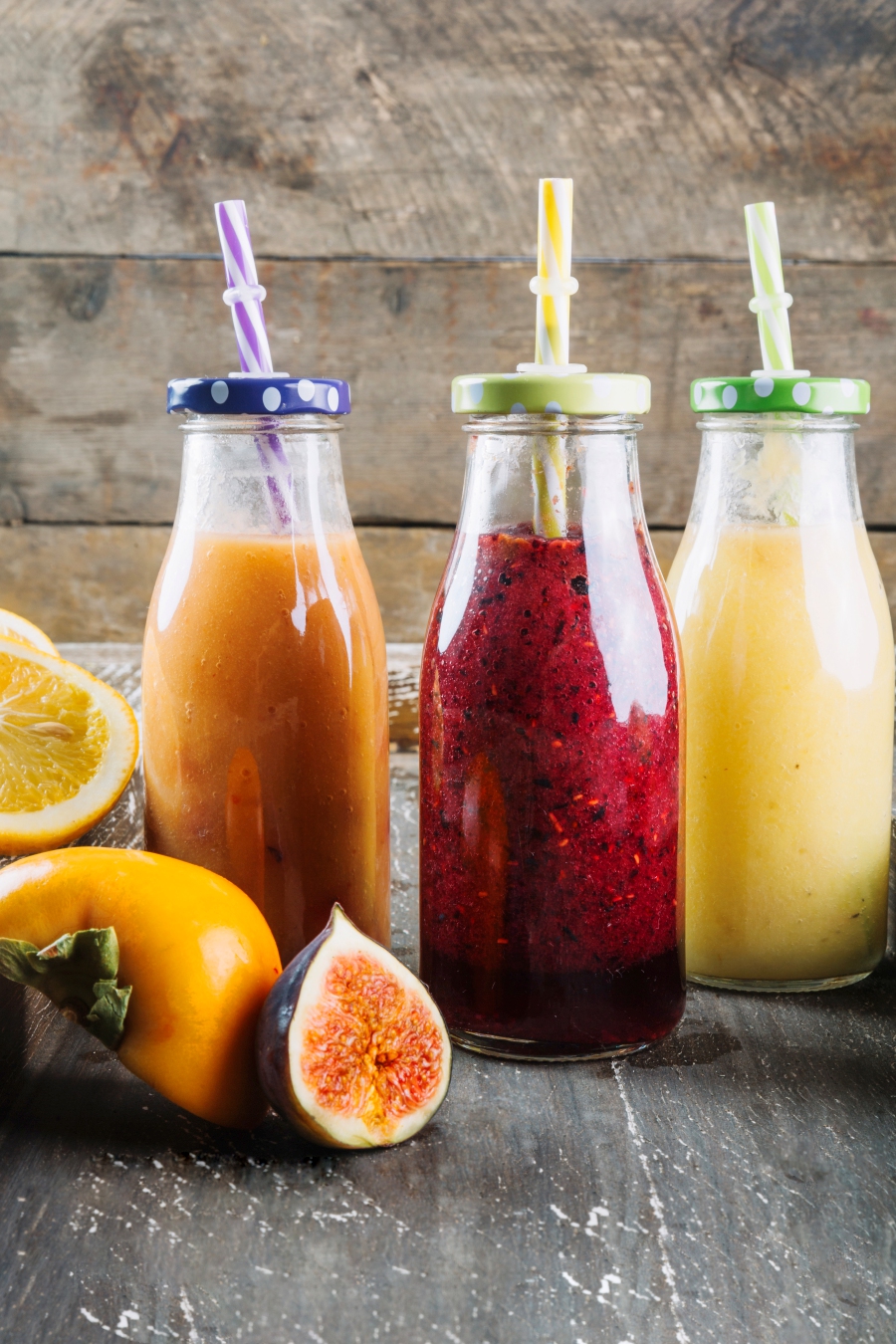
.
.
Here are some food choices that seem healthy but aren’t.
WE have heard it countless times — a healthy diet means eating healthy food. These include snacking on energy bars or dried fruits, opting for a smoothie instead of a meal and turning to sport drinks for energy. After all, these have been marketed as healthy.
But these and a few others are not as healthy as they seem. Many are packed with sugar, fats, preservatives and other chemicals.
The best way to ensure you are eating healthy is to read and understand the nutrition information label. Or find better choices.
Here are some food items that are marketed as healthy but are actually not:
FLAVOURED YOGURT
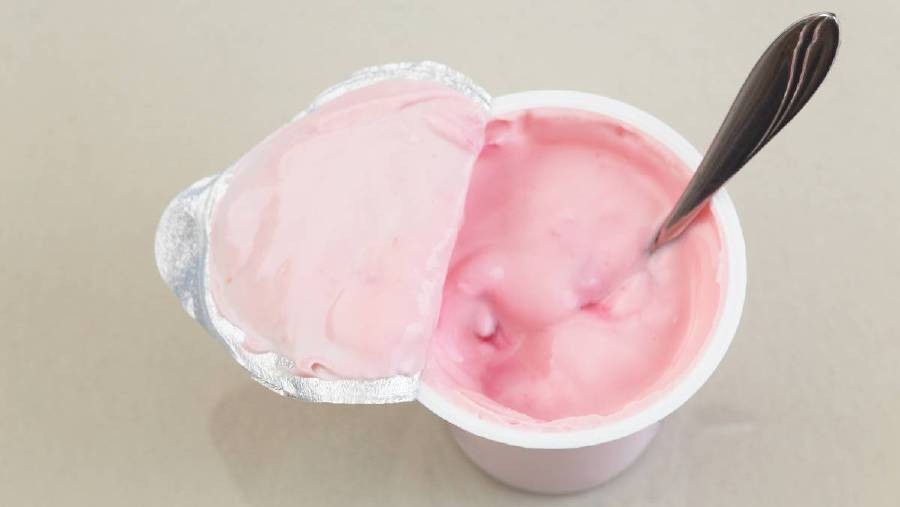
.
.
Yogurt is made from milk fermented with the bacteria Lactobacillus bulgaricus and Streptococcus thermophilus. These beneficial bacteria, also known as probiotics, boost the functioning of the immune system. As it is made from milk, yogurt is high in calcium and protein.
It’s unhealthy because it’s flavoured with the pureed form of fruits that is high in sugar content. For 100g of fruit-flavoured yogurt, the sugar content is 26g. Look out for ingredients such as fruit concentrate, honey and malt syrup on the label.
A better choice: Greek or plain yogurt which have naturally occurring sugars from lactose. To get your fill of protein, probiotics, vitamin D and calcium without the additives and sugar, add fresh fruit.
ENERGY BARS
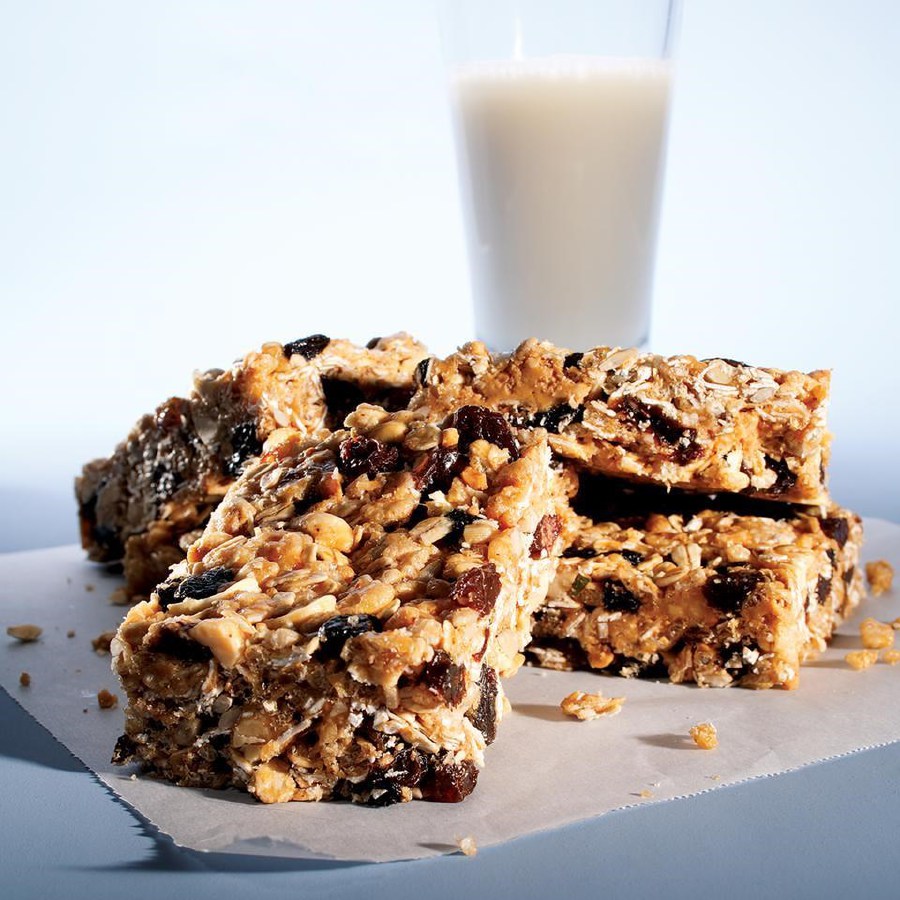
Initially targeted at athletes, these are designed to provide quick energy during exercise. But they have become a popular choice as a meal replacement or a snack in-between meals. There are many to choose from including granola bars, muesli bars, protein bars or fruit and nut bars.
They are loaded with high fructose corn syrup, hydrogenated oils and saturated fat. Some contain chocolate, marshmallows, salted-caramel and numerous artificial flavours, with over 350 calories per bar.
A better choice: According to WebMD, healthier snack bars should have at least 3-5g fibre, 5g protein and less than 35 per cent calories from sugar.
Based on Cleveland Clinic’s suggestion, if you are eating it as a meal replacement, the bar should not have more than 4g added sugar and 4g saturated fat. If you’re eating it as a snack, choose bars with no more than 2g added sugar or 2g saturated fat.
FRUIT SMOOTHIES
There are various reasons people are obsessed with fruit smoothies, including its taste, that it is healthier or it is the only way to include fruits in their diet. For some, smoothies are their choice for substitute meals.
But fruit smoothies are likely to be high in calories and sugar due to the quantities of fruit and additional ice-cream, yogurt or cream. When there is too much sugar, it may lead to a high blood sugar level.
Also, you are consuming 12 per cent more calories since smoothies are beverages made from carbohydrate-rich foods.
A better choice: Make your own smoothie but limit fruits that are high in sugar such as mangoes, cherries, orange, kiwifruit, grape, guava and banana. Choose water, low-fat milk or low-fat yogurt for flavour and nutrients without adding on too many calories.
DRIED FRUITS
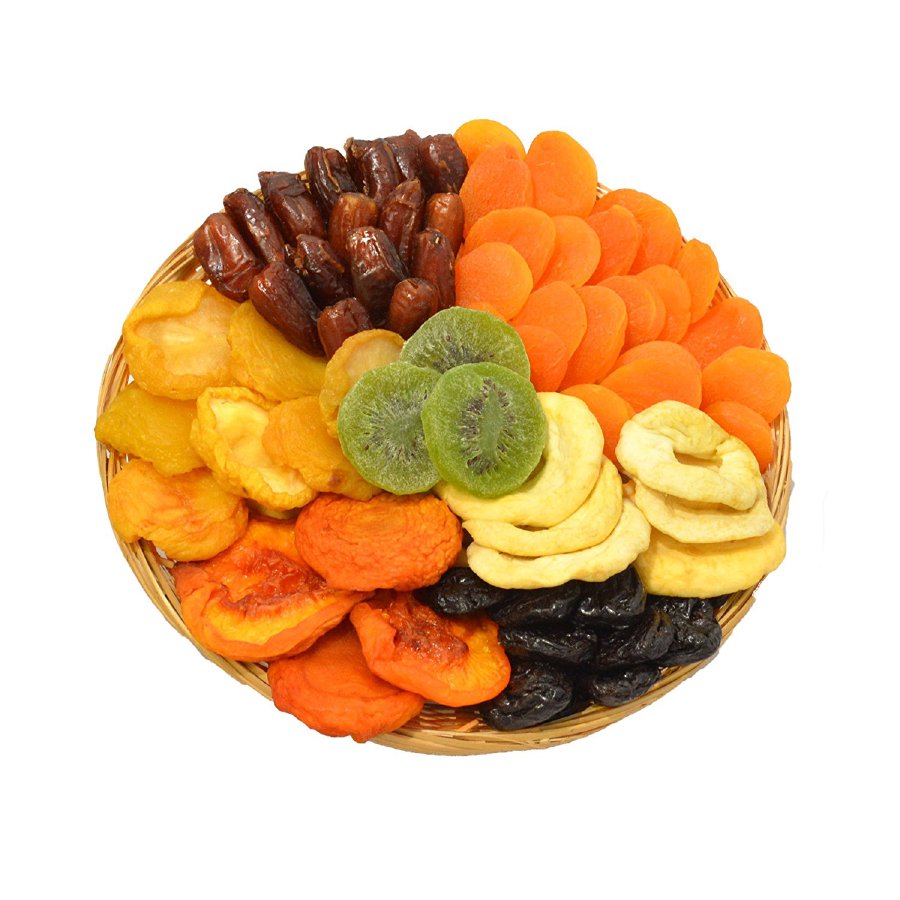
It is one of the more popular snacks especially among hikers, athletes, campers or travellers. Dried fruits are made through the process of dehydration which result in more concentrated nutrients and fibre.
It is unhealthy because the dehydration process removes the fruits’ natural water and increases its sugar levels, including both glucose and fructose. Eating a lot of fructose may have negative health effects including an increased risk of weight gain, type 2 diabetes and heart disease. To make it worse, dried fruits also contain preservatives.
A better choice:
Eat fresh fruits. If you want to eat dried fruits, choose those without preservatives, limit your consumption or add on to your plain yogurt.
BREAKFAST CEREALS
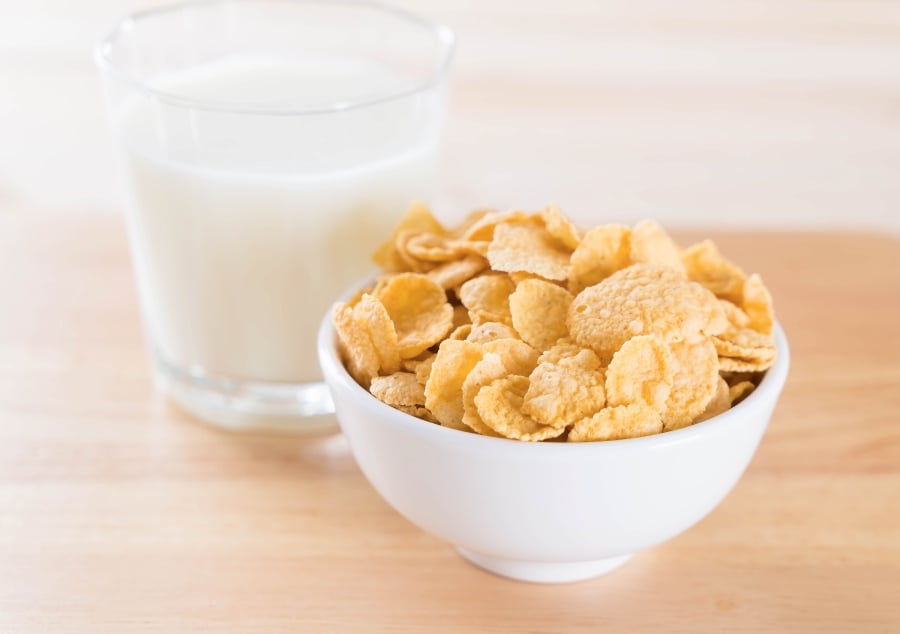
Cereals are often marketed as a healthy breakfast choice. They are fortified with vitamin B, iron, vitamin D and calcium.
But consumers often choose cereals that contain saturated fat and large amounts of sodium and sugar. If eaten too often and too much, it can lead to weight gain, diabetes, hypertension and cardiovascular disease.
A better choice: According to Harvard Health, look for breakfast cereals made of corn, whole wheat, or brown rice. These are whole grains rich in fibre, vitamins, minerals, and antioxidants. Also, make sure they have less than 2g saturated fats, less than 5gsugar and no trans fat.
SPORTS DRINKS
They are targeted at people who are involved in intense physical activity. Typically, they contain water and electrolytes (usually sodium and potassium) for rehydration, and carbohydrates (sugars) for energy. These are designed to replace fluid, sugars and electrolytes lost during exercise and sweating.
It’s unhealthy because people who are not engaged in physical activity drink it to give them energy. It can lead to weight gain as according to Harvard Health, some sports drinks contain 150 calories, the equivalent of 10 teaspoons of sugar. They are also acidic which increases risk of enamel erosion and tooth decay.
A better choice: Water. According to livescience.com, a well-balanced meal after exercise can also help replenish electrolytes and other nutrients.
ARTIFICIAL SWEETENERS
They are made from synthetic chemicals that mimic the taste of sugar. These include saccharin, sucralose, sorbitol, stevia and aspartame. With low to zero calorie, artificial sweeteners have been used as an alternative to sugar for diabetics and as ingredients in processed foods and beverages.
According to diabetes.co.uk, several recent studies have found that saccharin actually raises blood glucose levels. It is thought that these effects are due to changes in gut bacteria triggered by the sweeteners.
There is also the argument that although they contain zero calories, foods containing artificial sweeteners can still affect blood sugar because of other carbohydrates or proteins in these foods. In addition, they are made from synthetic chemicals, which are never good for the body.
A better choice: Avoid or reduce the consumption of sugar, whether natural or artificial. Instead, consume food with natural sugar.
FRUIT JUICE
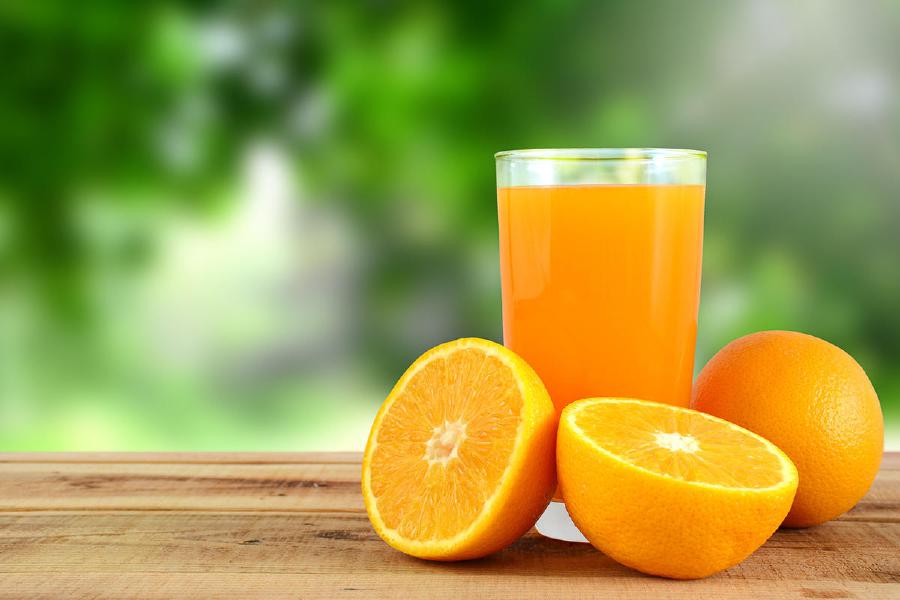
For some people, fruit juice is their idea of getting the nutrients needed instead of eating fruits. While previously there are only store-bought fruit juices, it is now a trend with the presence of juice bars.
Juice is a concentrated source of sugar and calories, even the freshly-squeezed ones. One 8-ounce cup of fresh orange juice has 21g of sugar and 112 calories compared to 12g of sugar and 62 calories in one medium orange.
The juicing process also removes the edible skin and pulp, which are sources of fibre, an essential nutrient that helps delay absorption of the sugar.
A better choice: Limit your consumption to one glass a day, as suggested by Public Health England. For children, the American Academy of Paediatrics says it should be limited to 236ml of juice a day for those between 1 and 7 and older. WebMD says parents can also dilute the juice with water.
SKIMMED MILK
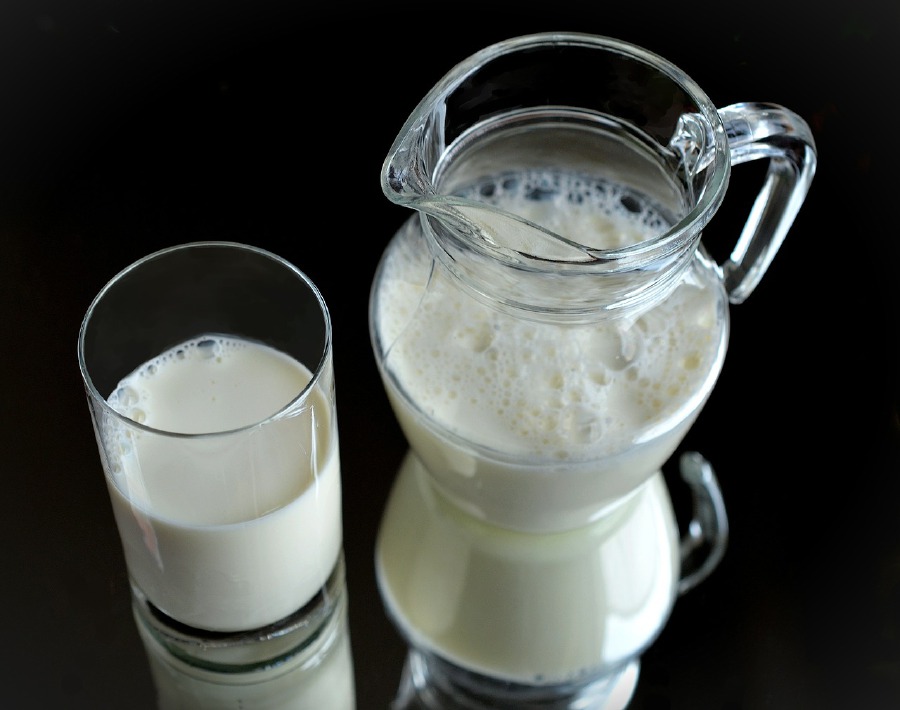
Skimmed milk is also called non-fat milk as the dairy fat is removed during the skimming process. Most of the skimmed milk is fortified with vitamin A and D as these fat-soluble vitamins are removed when the fat is extracted from whole milk. Skimmed milk is often used in baking goods and beverages.
Some of the manufacturers add powdered milk to improve its consistency, a process that creates oxidised cholesterol. Oxidised cholesterol increases the risk of atherosclerosis or build-up plaque in the arteries.
Tuft University researchers have found that skimmed milk is also higher on the glycemic index (GI) scale than whole milk, which increases the risk of diabetes.
A better choice: Choose low fat milk because you want protein and bone-building calcium and vitamin D but with less fat. If you drink less than two servings a day, it has one per cent fat you get 305mg calcium, 8g protein and 366mg potassium. Total carbohydrates for low-fat milk are 12g and total sugars,
If you prefer non-dairy milk alternatives, the options include soya milk, almond milk, oat milk and rice milk. But look out for the sugar content.









